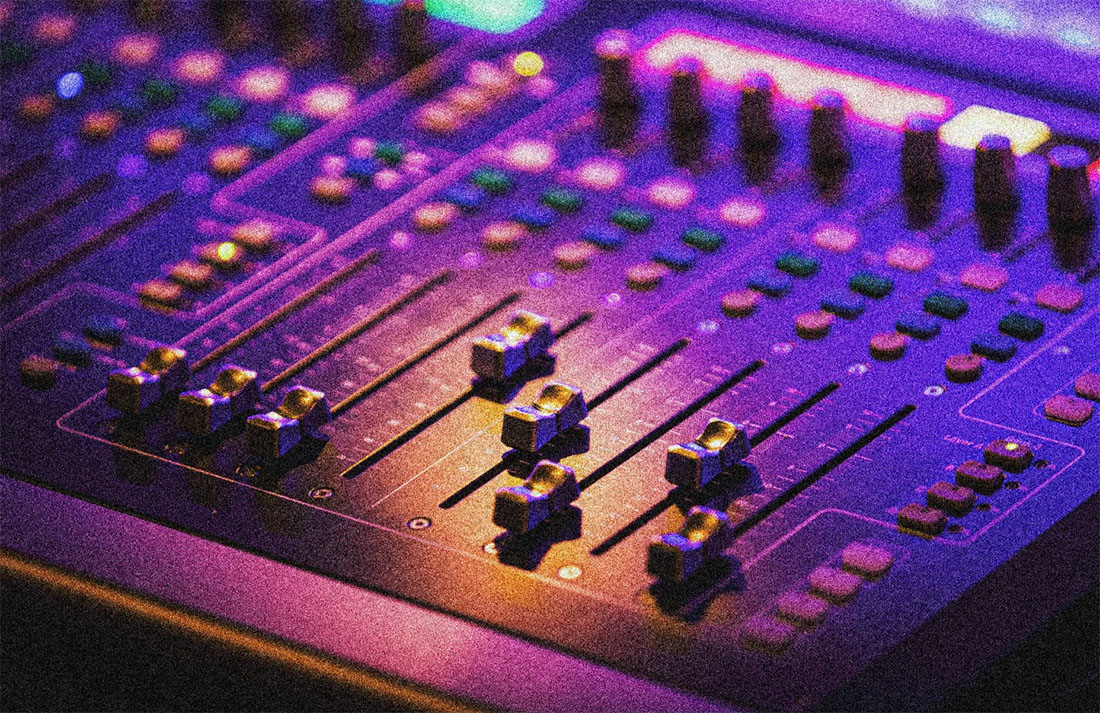
"BBL DRIZZY "; MAJOR RECORD LABELS SUE AI MUSIC STARTUPS FOR COPYRIGHT INFRINGEMENT


Photo Credit: Getty Images Tech giants Apple and Google have come under fire from UK police and...
Photo Credit: Getty Images Nvidia’s chip sales jumped over 69% in the first quarter compared to...
Photo Credit: Getty Images The artificial intelligence landscape witnessed another strategic move as...
Photo Credit: Getty Images Elon Musk’s xAI is partnering with Telegram to bring its AI...
Photo Credit: Getty Images Xiaomi, the Chinese tech giant, announced the launch of its latest...
Photo Credit: Getty Images OpenAI is buying Jony Ive's startup "IO" Products in a $6.5 billion...
Photo Credit: Getty Images In a landmark move, Apple has reinstated Fortnite to the U.S. App...
Photo Credit: Getty Images Elon Musk's AI chatbot Grok has ignited controversy after repeatedly...
Photo Credit: Getty Images OpenAI and Microsoft are rewriting the terms of their...
Photo Credit: Getty Images Google, one of the biggeest tech empires, has agreed to pay $1.4...
Photo Credit: Getty Images Nvidia CEO Jensen Huang warned Tuesday that exclusion from China's...
Photo Credit: Getty Images OpenAI has started a course of abandoning its controversial plan to...